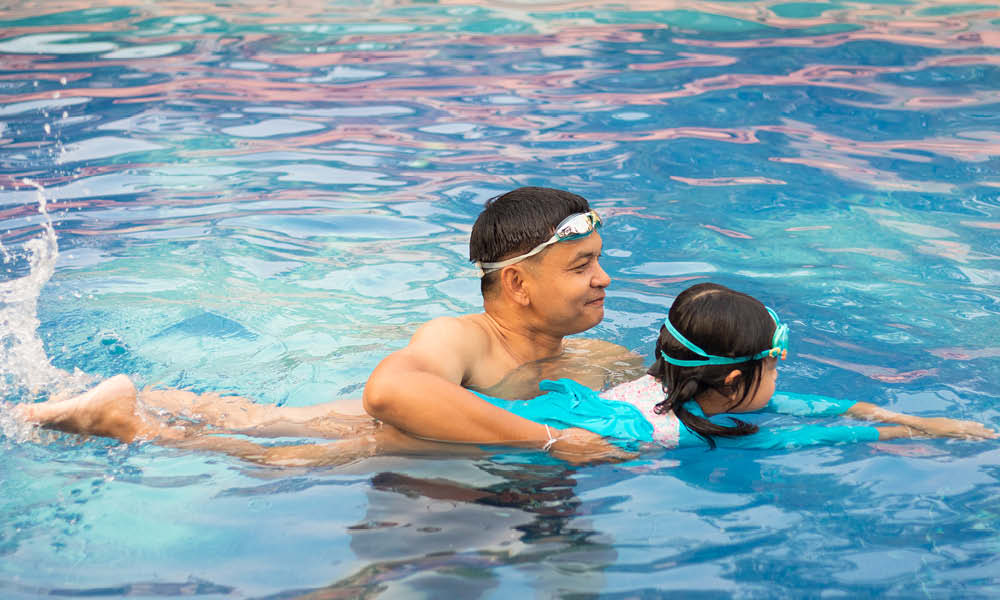Ever heard of the saying, 'All work and no play makes one dull'? Well, it's indeed true! Physical fitness is one of the most important component of overall well-being. Being physically active entails moving sufficiently to cause heavy breathing, shortness of breath, warmth, and sweating. Children's health and well-being are dependent on physical activity. Dr Shanoo Rehmani, a pediatrician based in Gurgaon adds, 'Physical activity, for example, aids in the development and maintenance of healthy bones, muscles, and joints. It can help you maintain a healthy BMI and lower your risk of diabetes, hypertension, and heart disease later in life. It can assist kids in falling asleep quickly and sleeping soundly.'
She further explains, 'Physical activity promotes a child's emotional and behavioural health in addition to physical benefits. It improves a child's self-esteem, school achievement, attention, and conduct by increasing their excitement and optimism. When participating in an organised sport, it also promotes collaboration and friendship.'
Parents can play an important role in encouraging their children to engage in more physical activity. Here are some ways you can motivate your children to participate in physical activities:

1. Make a point of having a good time. Assist your child in discovering a sport that she enjoys. She will be more inclined to continue the exercise if she enjoys it. Involve your entire family. It's a fantastic way to spend quality time together.
2. Create a secure environment. Make certain that your child's equipment and the environment in which they practise or play are both safe. Ascertain that your youngster is dressed comfortably and appropriately for the activity.

3. Select an activity that is suited for your child's age. A seven or eight-year-old child, for example, is not ready for weight lifting or a marathon run, but soccer, cycling, and swimming are all excellent activities for children of this age.
4. Consult your child's physician. Your child's doctor can explain the importance of physical activity to your youngster. Your child's doctor can also assist you and your child in determining which sports or activities are ideal for them.

5. Active toys such as balls, jump ropes, and other energetic toys should be readily available to young children.
6. Make preparations ahead of time. Ascertain that your youngster has a convenient time and location for exercising.

7. Set boundaries. Each day, set a time limit for screen time, which includes time spent watching TV, watching videos, using computers, and playing video games. Make the most of your free time by participating in more physical activities.
8. Be a role model for others. Children who observe their parents participating in sports and physical activity on a regular basis are more inclined to do so themselves.

9. Make time for exercise. Some children's schedules are so jam-packed with homework, music lessons, and other scheduled activities that they don't have time for physical activity.
10. Don't overdo it when it comes to physical activities. Physical activity and exercise should not be painful. If it starts to hurt, your child should slow down or switch to a less strenuous activity. It's crucial not to overdo it, like with any activity. Consult your child's doctor if exercise begins to interfere with school or other activities.
Also Read: Holistic Education: How Does PE Contribute To The Overall Development Of The Child?
Also Read: Family Fitness: Activities To Get Everyone Moving